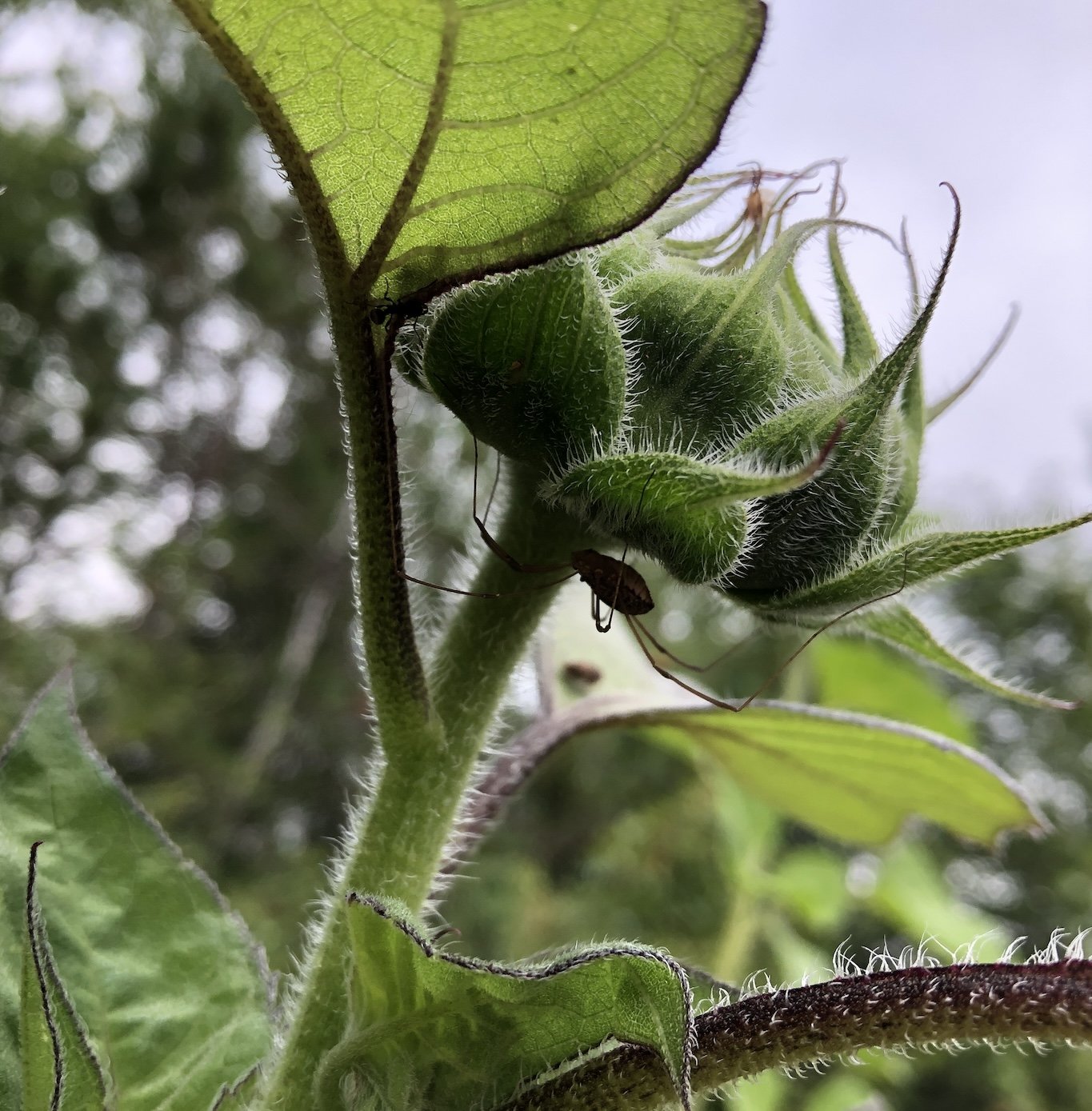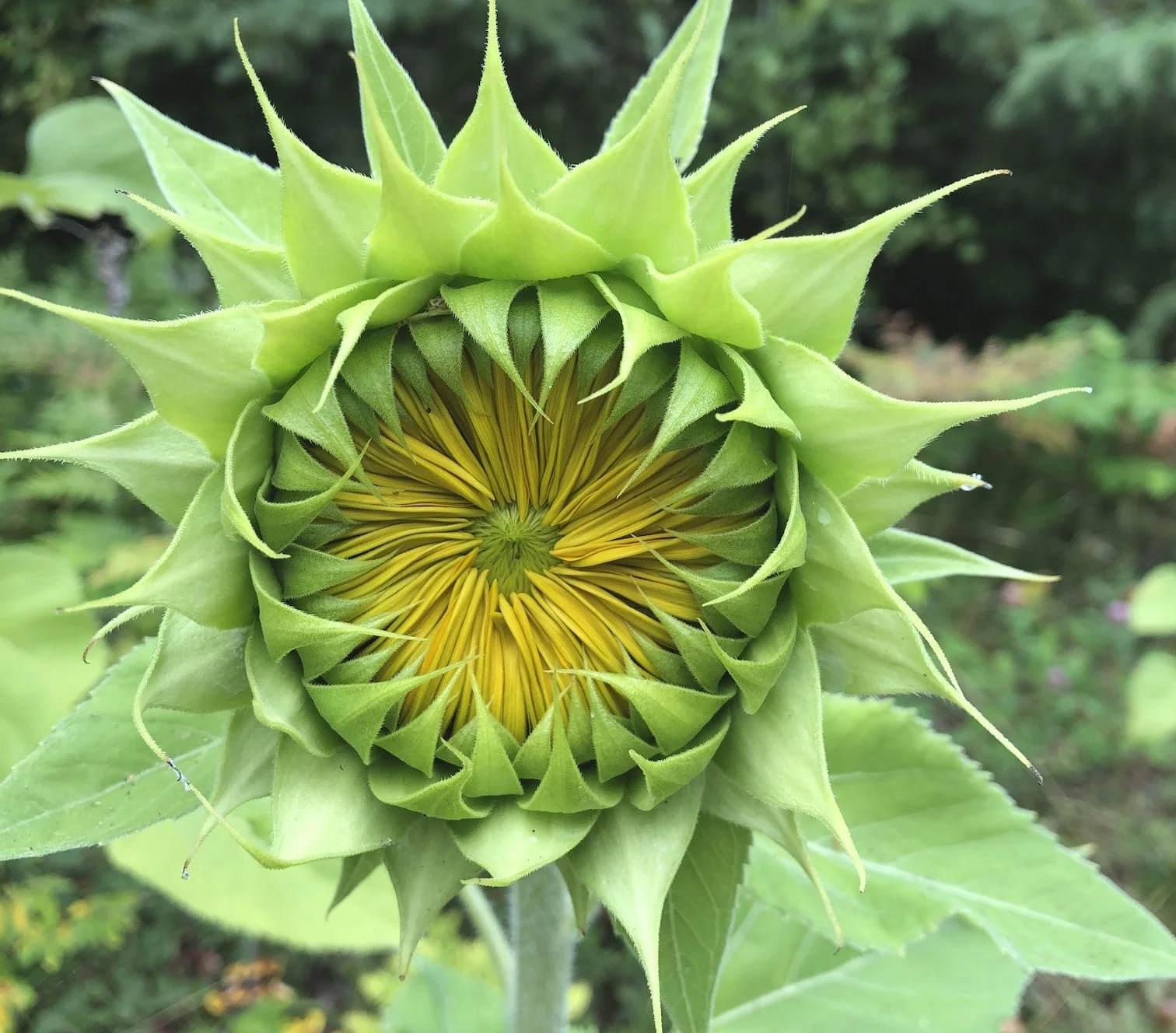Part Three: How We Become Dear to Each Other
In any relationship, we may feel a sense of closeness, love, camaraderie, responsibility, dependence, and so much more. And then along comes some serious hardship that can elevate our relationship to each other. To a place where we can lean on each other, be vulnerable, learn, trust in life, and in our friends, and begin to feel that our time together is both tenuous and precious. Each moment comes alive. Each interaction has a spark of the divine. Spiritual teacher, Ram Dass said, “It’s taken me a while to learn that if I’m gonna offer the gift of my being, it means offering the fullness of the moment we are in.”
A friend of mine is facing some really challenging times with cancer. It’s scary. We are very fortunate to have a group of friends from whom I received much love and support last year when I faced cancer. Now she is receiving the same. As much as we adopt the language of fight, kicking ass, stronger than, and you got this, what lies beneath it is love. We sense that tenuous thread of life, realize suddenly how precious each of us is, how precious each experience, each moment; suddenly a beautiful sunrise can shatter you. The touch of a loved one can melt you. The pain of a friend extends your reach across the miles and into the universe until you feel vast and touched by it all.
The fight might be necessary and natural, but it will only get you so far. Love will take you the rest of the way. Reverence. For all of it. Kahlil Gibran wrote “forget not that the earth delights to feel your bare feet and the winds long to play with your hair.” American poet, Ellen Bass:
to love life, to love it even
when you have no stomach for it
and everything you’ve held dear
crumbles like burnt paper in your hands,
your throat filled with the silt of it.
The language of love came to me more easily when I was going through cancer, when I was at my most vulnerable, when there was an openness to receive life at its most beautiful, and its most painful, to bear it all because to do so was something like bliss. To have the wisdom to know what we can’t change, and to let that rip us. And to that we can change, respond, authentically, in a way that acknowledges our common shifting and unsteady ground. How we respond then, ripples in the moment as softly as gentle rain falls on a pond and as inevitably as gravity.
Last year I wrote of being kicked so hard I was knocked to my knees so that there was nothing left but reverence. What helped me acknowledge that and articulate it was Leonard Cohen’s line: “And even though it all went wrong, I’ll stand before the Lord of song with nothing on my tongue but hallelujah.” How often do we get to do this? How else do we get to do this? Life can break us, or it can break us open. Joy, too can rattle our illusory sense of control when it temporarily sweeps away all self-concern. We can rage against adverse circumstances or be ripened by them. German poet, Rayner Maria Rilka, expressed it this way:
Be modest now, like a thing
ripened until it is real,
so that he who began it all
can feel you when he reaches for you.
Buddhist aphorisms echo this too. “Make all of life the path” means to let every experience ripen you, even the most challenging. “Hate by love alone shall cease” means that resisting, defending, or attacking blocks life whereas love is more like the Tao, flowing like water seeking level, or the ease of working with the grain of wood. Like nature’s fractals: very simple repeating patterns that become complex systems like clouds, trees, waterways, lungs, venous systems, and tumours.
Intense adversity has a way of clearing the mind, of focusing the mind: “your discursive, discriminating, thoughts will diminish. You will feel more grounded, your sense of self more congruent. You may even experience a unified sense of self – feeling inseparable from the environment, from the past and future.” This is from modern day sage, Guo Gu, commenting on the koan: Does a dog have Buddha nature? He continues, “Everything exists except for your self-referentiality, your self-attachment. This is wisdom. Because everything is there, you see the suffering and the joy and potential of all beings. Your actions respond intimately to all beings. This is compassion.” Adversity can bring about this kind of temporary awakening.
In the midst of a diagnosis and treatment, suddenly resistance falls away and you simply respond to what the situation calls for. Dogs are always doing this, like leaping up from a deep sleep at the word “walk.” Every ounce of your being is in tune with the situation whether its a nap, shaving your head, or receiving chemo. It may be scary, but don’t invest in that. Pause, relax, open, attune — the steps of insight dialogue, like other practices, like “mu” — open the moment, dissolve pain and worry, reveal the great freedom that is compassionate, wise, and awake. Bass’s poem ends so:
Then you hold life like a face
between your palms, a plain face,
no charming smile, no violet eyes,
and you say, yes, I will take you
I will love you, again.
Martin Luther King, Jr. said the following about non-violent resistance. We can resist, but with love instead of hate — avoiding an “internal violence of spirit.” This is contrary to the common approach in the face of adversity.
Another basic thing we had to get over is that nonviolent resistance is also an internal matter. It not only avoids external violence or external physical violence but also internal violence of spirit. And so at the center of our movement stood the philosophy of love. The attitude that the only way to ultimately change humanity and make for the society that we all long for is to keep love at the center of our lives.
Dr. King was guided by Christian faith where one releases obstacles to receiving the grace of God. Similarly, Buddhist practitioners empty of negative qualities like greed, hatred, and delusion. Guo Gu writes:
The discriminating mind is self-referential thinking – the assumption that there is an abiding, separate, independent "I" residing within you. It is this that robs you of your true nature. It's proliferation destroys lives, families, and nations.
What would it be like instead to make all of life an exploration, to be curious, and to be ripened to our true nature? If we accept that we don’t know what will happen next, because there is greater possibility in not knowing than there is in certainty? Undertake to eliminate “internal violence of spirit”? In the society Dr. King spoke of, we are dear to each other. Because this is it, our brief dance of light. What else should we do but tend to our hearts that can make us agents of peace in the world?
“You then become that ‘single spark’ that lights up all of life.” — Guo Gu
~
“Onto a Vast Plain” by Rainer Maria Rilke
“The Thing Is” by Ellen Bass
Dr. King’s full speech
Passing Through the Gateless Barrier, translation and commentary by Guo Gu on Wumen’s thirteenth century koan collection
“Eschatology” by Eve L. Ewing — a touching poem about the many ways we become dear to each other



